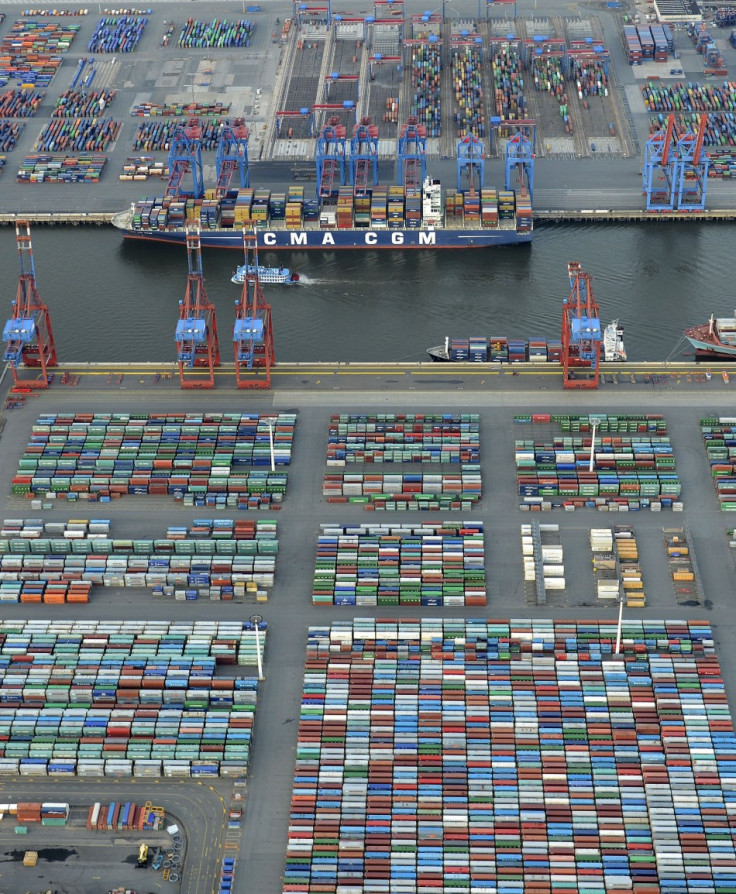S&P Forecasts Deeper Eurozone Recession in 2012, No Growth in 2013

The Eurozone economy will contract more deeply than first anticipated and will likely fail to grow at all until at least 2014, according to a new report published by Standard & Poor's Tuesday.
The ratings firm sees a 0.8 percent contraction for the single currency's economy, compared to an earlier forecast of -0.7 percent. Growth in 2013, the firm said, will likely prove elusive and it now expects a 0 percent advance in Eurozone GDP, compared to its earlier estimate of 0.3 percent growth.
"Recent economic indicators continue to paint a bleak picture for Europe. The data are confirming our view that the region is entering a new period of recession, after three quarters of negative or flat growth since the final quarter of 2010. But prospects continue to vary from country to country," said Jean-Michel Six, Standard & Poor's chief economist for Europe, the Middle East, and Africa, in the firm's release. "In particular, we forecast another year of very weak growth in 2013 in France and the U.K., and further declines in output in Italy and Spain."
Spain, Europe's fourth-largest economy, is expected to shrink by at least 1.4 percent next year, more than double its previous estimate. Spain's BBB+ debt rating, two notches above investment grade status, was reaffirmed by S&P in August.
"The outlook is negative and from what we can observe right now we would find it unlikely the rating would go down to non-investment grade in the near future," Moritz Kraemer, S&P's head of sovereign ratings for the EMEA region, told Retuers Insider. "Obviously the future is uncertain and the challenges are huge and long lasting and politically very difficult to overcome."
Moody's Investors Service is expected to conclude its review of its Baa3 on Spain - at the very edge of so-called "junk" status - sometime later this week.
Private surveys of the Eurozone's manufacturing and service sectors published last week indicated a sharp slowdown in months ahead. Output fell to a 39-month low in September, according to the Markit/PMI data, while Monday's reading of German business confidence fell to the lowest in at least two and a half years.
The economy shrank 0.2 percent in the three months ending in June, according to Eurostat data, despite a surprise 0.3 percent advance in Germany. Unemployment around the single currency area remains at a record high 11.3 percent.
© Copyright IBTimes 2025. All rights reserved.





















